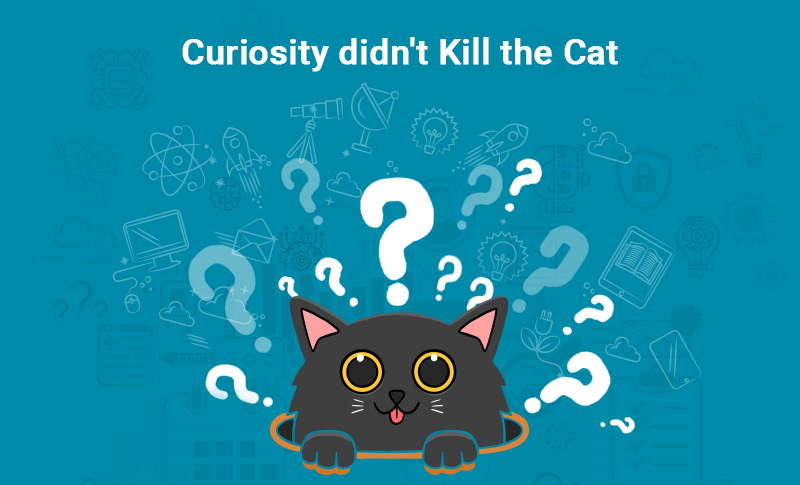Career Guidance
Get Future Ready
Curiosity didn't Kill the Cat
Written By:
Simmi Puri, Co-Founder EasyTalent

Skill, Re-skill and Up-skill
Stay Relevant Stay Employed
Curiosity did not Kill the Cat!
CISO Cybersecurity Pvt Ltd,
The Statesman House,First Floor,Statesman Chambers,
148 Barakhamba road,New Delhi-110001
Contact - +91-9910305633 | +91-7011526166
Delhi | Gurugram | Pune | Mumbai | Bengaluru London
CISO Cybersecurity Pvt Ltd, The Statesman
House,First Floor,Statesman Chambers,148
Barakhamba road,New Delhi-110001
A29/6, DLF Phase1,
Gurugram, Haryana 122022
bengaluru
london
FEATURES

ISO 27001 certified: Your data is safe with us!
© Copyright 2022-2023 CISO Cybersecurity Pvt Ltd. All rights reserved.




